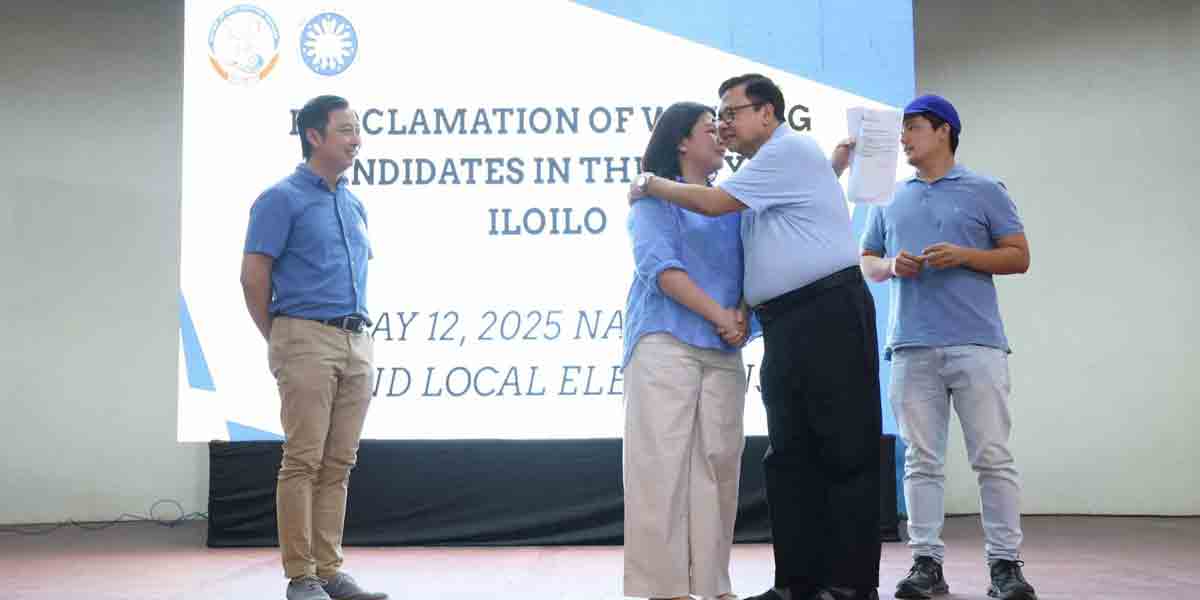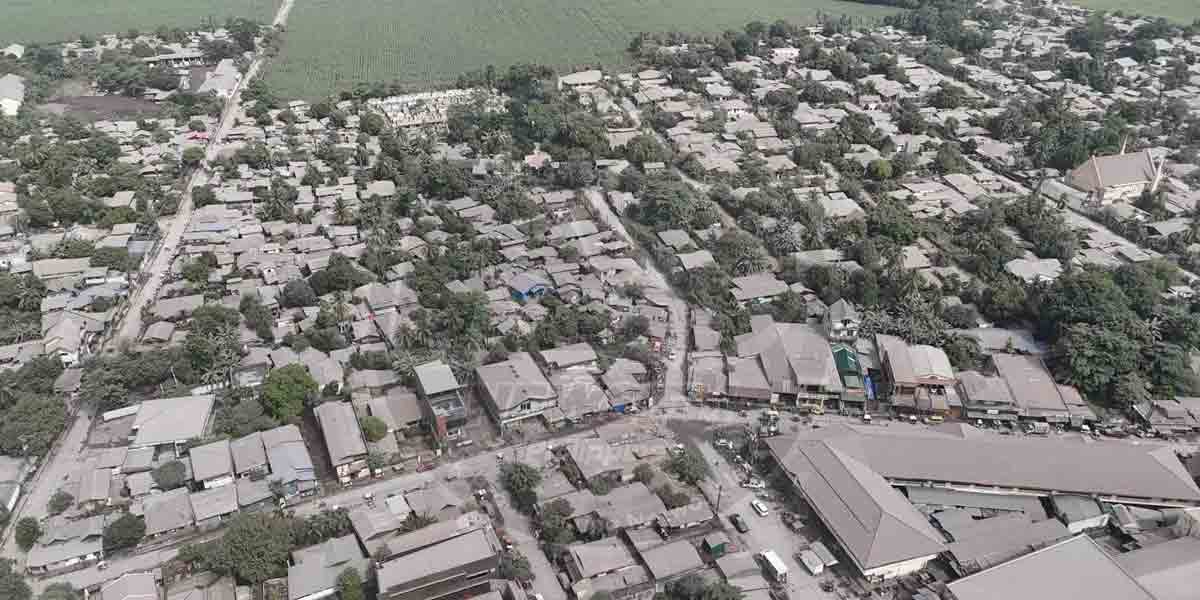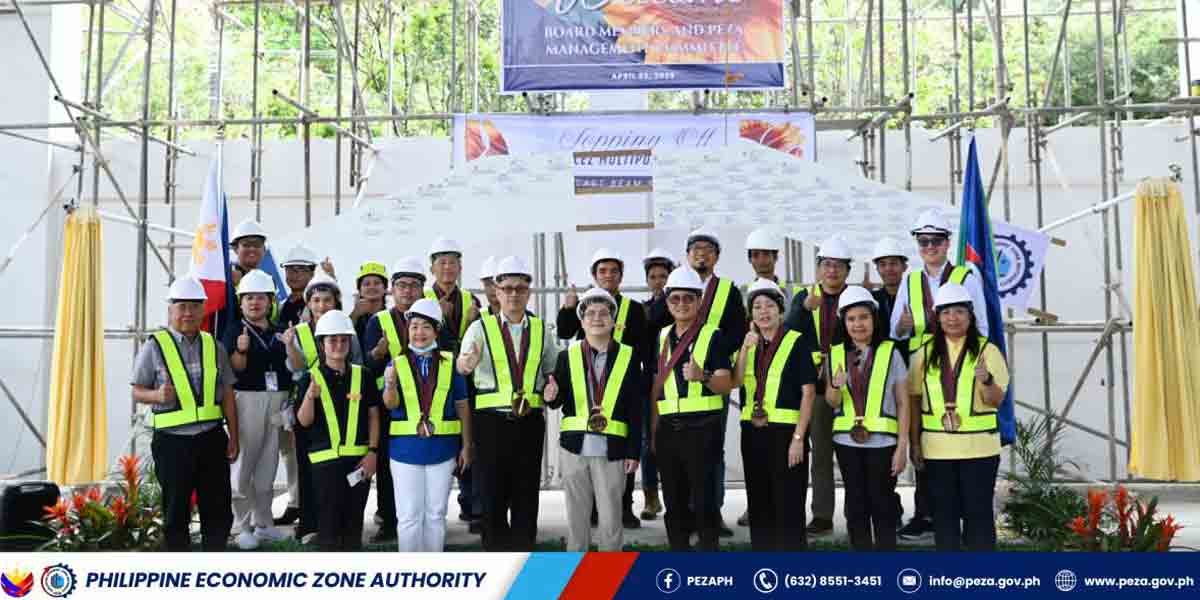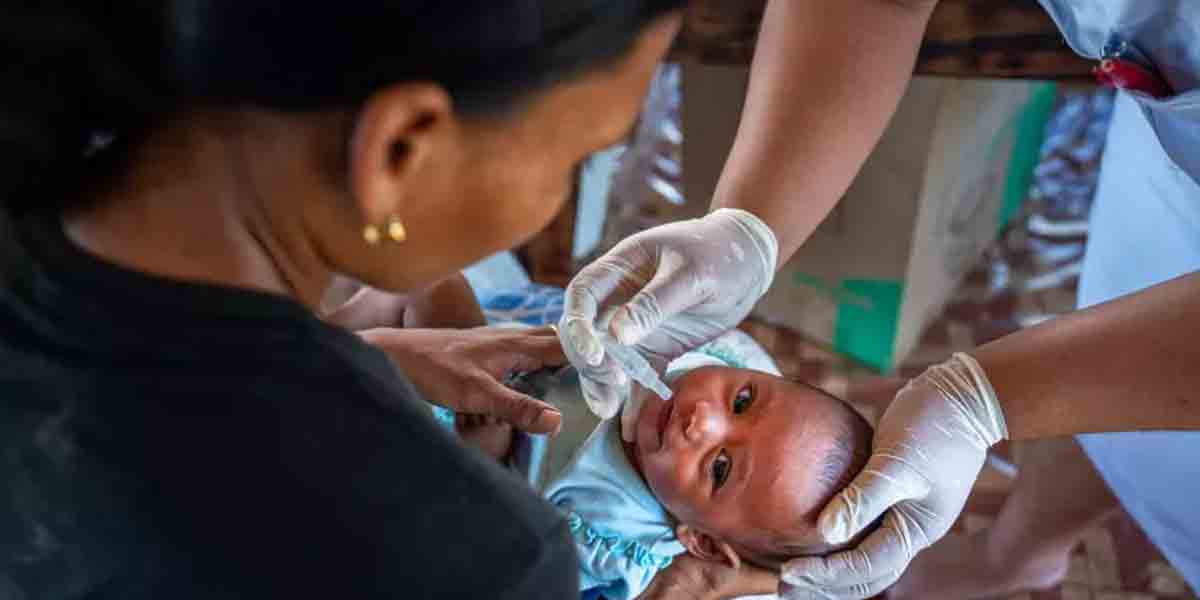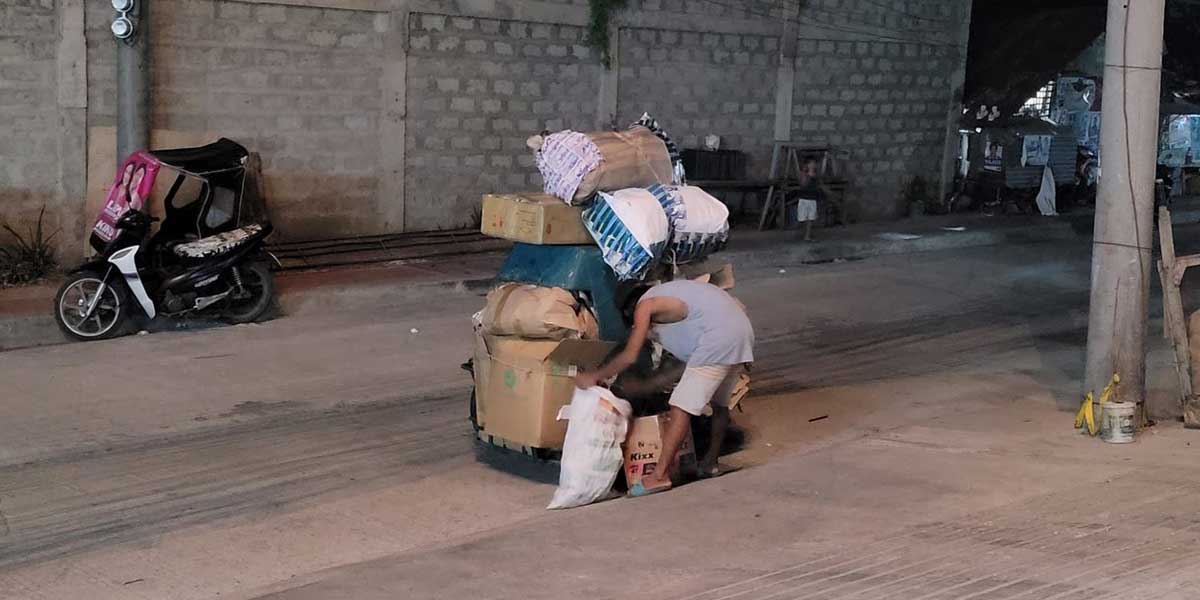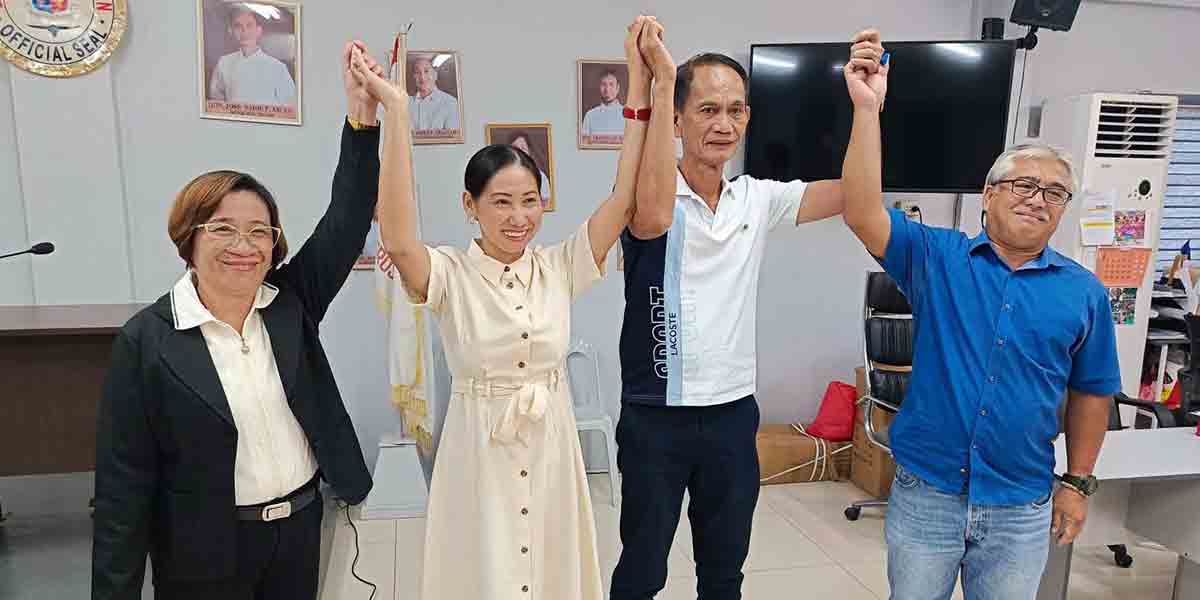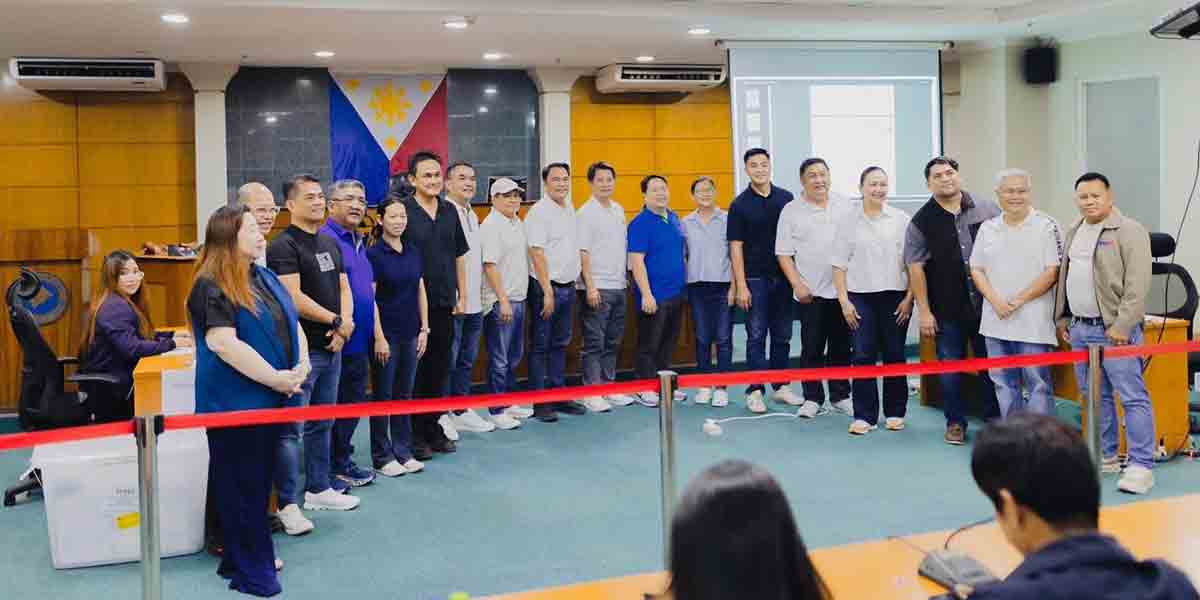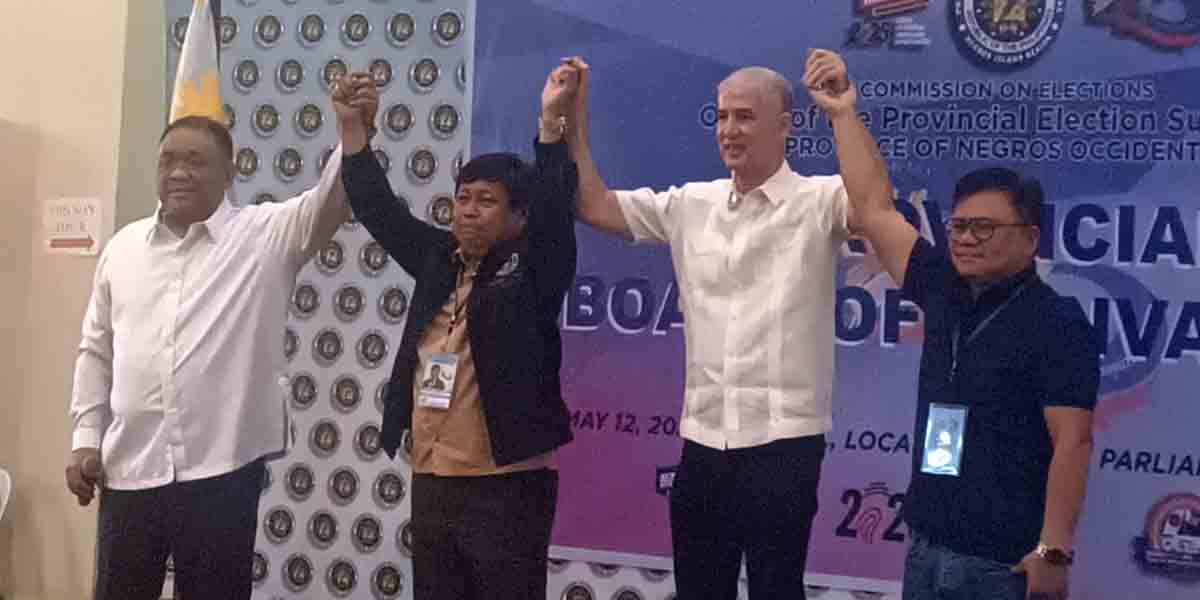The Department of Transportation’s sudden pivot on the Public Utility Vehicle Modernization Program (PUVMP) reeks of betrayal—not to protesting groups, but to those who followed the rules from the start.
When DOTr Secretary Vince Dizon announced that unconsolidated jeepney units may soon be allowed back on the roads, it sent shockwaves across the transport sector. For cooperatives like the Western Visayas Transport Cooperative (WVTC), the message was devastating. These groups invested heavily—borrowing as much as PHP200 million to modernize their fleets, consolidate operations, and align with the government-mandated Local Public Transport Route Plan (LPTRP).
Now, with just a verbal assurance and no formal policy in place, the national government appears to be retreating from its flagship program. Such indecision does not merely confuse operators. It dismantles trust in public policy.
Transport modernization, by design, demanded sacrifice. Operators gave up old franchises, took on debt, and endured a complex transition. They followed every step mandated by the government, under the assumption that everyone else would eventually be required to do the same. This assumption now looks foolish.
What incentive is there to comply when the government can shift gears midstream? When compliance is punished and resistance rewarded, we do not have reform. We have betrayal.
It is not enough for Secretary Dizon to pacify protesters with empty reassurances. A formal, written policy must be issued. More importantly, there must be an actionable support plan for those who complied. If unconsolidated operators are to be allowed back, then those who took the legal, financial, and operational burden of compliance must be compensated or, at the very least, protected.
Public transport cannot thrive in a climate of policy instability. The road to reform cannot be paved with broken promises and backpedaling. Government must choose: reform with fairness, or chaos with confusion.
The transport crisis in Iloilo is not a hypothetical future—it is a fast-approaching reality.
Secretary Vince Dizon’s declaration that unconsolidated jeepneys may return to the roads has cracked open the fragile equilibrium of Iloilo’s public transport system. Without a formal policy in place and without coordination with local governments, Iloilo City and province now face a real risk of overlapping routes, operational conflicts, and growing commuter confusion.
The Local Public Transport Route Plan (LPTRP), while flawed, was at least designed to bring order. It streamlined jeepney routes, emphasized efficiency, and promoted a shift to modernized vehicles. But its success hinged on exclusivity. It assumed that only compliant and consolidated units would ply designated routes. That assumption is now under threat.
WVTC President Raymundo Parcon warned that allowing unconsolidated units to return without clear guidelines will only result in “chaos.” He is not exaggerating. Imagine traditional and modern jeepneys competing for passengers along the same corridors, with different fare systems and no centralized dispatching. The result is not competition—it is congestion.
Commuters, already burdened by inflation and inadequate transport access, will suffer the most. Will they have to guess which jeepney goes where? Will fare structures vary arbitrarily from one unit to the next? Will new routes be disregarded entirely?
Add to this the ever-present weakness in enforcement. If DOTr makes verbal promises and fails to issue clear guidelines, and if LGUs are left to interpret the policy themselves, enforcement becomes selective or absent.
This is not reform. This is regression.
We urge the DOTr to release an immediate, clear, and enforceable directive. Local governments must also be empowered to implement route plans without interference from mixed signals in Manila. Without strong policy leadership, Iloilo’s roads will once again descend into a disorganized mess.
Without direction, Iloilo’s streets may soon bear the cost of national indecision.
If the PUV modernization program was meant to uplift the transport sector, then it has sorely failed to include the most vulnerable in its transformation.
Voices like that of Concepcion Antenor, a jeepney operator in Iloilo, paint a bleak picture of what the modernization program looks like from the ground. Her group was excluded from the very cooperative that was supposed to represent and serve them. Despite registering under the Western Visayas Transport Cooperative (WVTC), they were denied access to financial records and ignored during Cooperative Development Authority (CDA) investigations.
This is not modernization. This is marginalization.
The program presumed that small operators could easily consolidate, comply, and survive. But with inadequate financing support, weak cooperative governance, and an indifferent CDA, many were forced to the sidelines. Others left the industry altogether, shifting to construction, food service, or informal work just to survive.
Meanwhile, the cooperatives that did form were not immune to dysfunction. Reports of lack of transparency, questionable governance, and mismanagement are not isolated. If even registered members are denied due process and access to records, then the cooperative model needs urgent reform.
The CDA must be held accountable for allowing this level of exclusion to persist. Its role is not simply regulatory; it is protective. It must ensure transparency, prevent abuse, and defend member rights. Anything less is complicity.
Modernization, if it is to succeed, must be genuinely inclusive. This means accessible financing. This means technical support for small operators. This means an empowered CDA that defends cooperative members, not just cooperative elites.
Most of all, it means listening to those who were ignored.
No transformation is worth pursuing if it leaves the most vulnerable behind.


